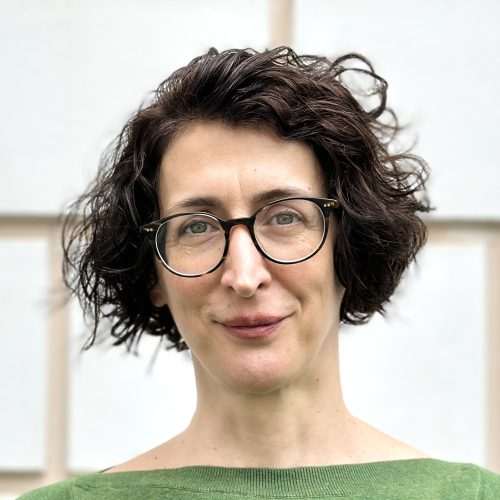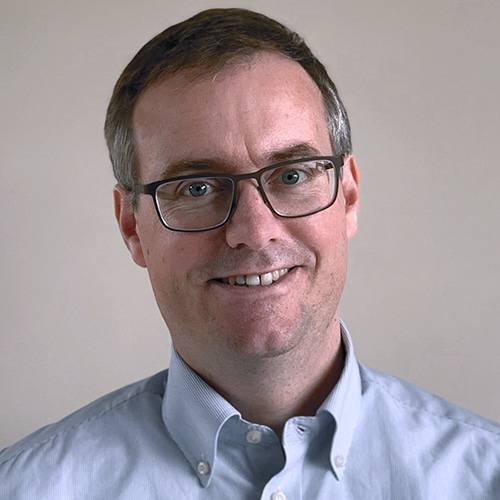Education
Winter School
Are you ready for an intensive immersion into how complexity science can be applied to real-world questions? Do you want to integrate complexity science into your research? Join the Complexity Science Hub’s annual Winter School to learn collaboratively with a global cohort of early-career researchers.
The Complexity Science Hub offers its annual Winter School to early-career researchers who want to join a transdisciplinary network of colleagues to collaboratively explore complexity science. Winter School students will immerse themselves in complexity science as applied to particular real-world issues together with an expert faculty assembled from CSH’s expert researchers. The small program size affords extensive interactions among the entire group, which can lead to lasting connections and collaborations. Learn how theories and approaches from diverse disciplines can be used to understand and inform solutions to key challenges facing society and the planet – across systems and scales. The Winter School is an ideal way for early-career scholars and practitioners to deepen their use of complexity science theories and methods in their research.
Program Goals
The theme of the Winter School changes each year, allowing for deep review of a particular topic and the opportunity to connect with students and faculty with similar interests but different backgrounds and perspectives. The goal of every Winter School is to highlight how transdisciplinarity, collaboration, and rigorous quantitative methods can be used to understand the complex systems that underlie the world.
- Undertake a novel complexity science research project as part of a transdisciplinary team
- Learn how (and why) complexity science approaches might be applied in their own research
- Build collaborations and expand their professional networks, including with the world-class faculty
2024 : Societal Challenges to Green Transition
There is a massive global push to enter the green transition. To implement this transition, we need to understand how it affects and is affected by the processes on different societal levels, including cognitive, collective, economic, technological, and institutional levels. In this school, we aim to connect students from diverse disciplines with experts on green transition, collective dynamics, economic transformations, technological change, and the evolution of institutions. We will investigate how existing frameworks in these fields can be integrated and used to anticipate the systemic consequences of the green transition and help circumvent challenges ahead. The school invites students who are enthusiastic about integrating their core fields with others to understand better the societal obstacles and possible solutions for green transition.
2024 Directors
2024 Dates & Venue
April 8 – 13, 2024
Arrival: Monday, April 8
Start of the Course: Morning of Tuesday, April 9
End of the Course: Midday of Saturday, April 13
Obergurgl University Center
Gaisbergweg 5
6456 Obergurgl AUSTRIA
Getting There
Obergurgl can be reached from Vienna (7h) or from Innsbruck (2h) or Munich (4h) airports. A public bus runs between Ötztal and Obergurgl at regular intervals.
2024 Tuition
- Graduate students – double room: 1.050€
- Graduate students – single room: 1.350€
- Postdoctoral fellows: 1.490€
- Professionals: 1.690€
Audience
The Winter School is aimed at graduate students, postdoctoral fellows, early-career faculty, and research professionals. Interested participants from government, NGOs, industry, or other sectors may also find the program of interest.
Structure
Each Winter School is unique, but the program comprises three core elements:
- lectures by the faculty
- formal and informal discussions among faculty and students
- group projects and presentations by students
The Winter School is an intensive, residential experience and should be considered a full-time commitment. Students and faculty will share meals, and there may be evening events. Scheduled free time will be included so that students can explore the Winter School location with fellow participants and/or to continue informal discussions and collaborations.
Eligibility Requirements
Applicants should have Masters-level coursework in quantitative discipline (social, natural or information sciences, mathematics, engineering) and/or practical experience working in a quantitative domain related to the project theme. Prior experience with complexity science methods is not essential. The program is conducted entirely in English, and participants are expected to have working proficiency.
How To Apply
The application deadline for the 2024 Winter School has passed.
- The application for future Winter Schools will be announced on this page. Please check back in October.
- Applicants will submit: (1) curriculum vitae, and (2) letter of motivation describing their interest in the particular theme of the program and how it intersects with their current work
Contact
 Hannah Scholl is the Winter School program manager.
Hannah Scholl is the Winter School program manager.
Please contact grad@csh.ac.at with any questions.
About the Complexity Science Hub
The Complexity Science Hub (CSH) is Europe’s research center for the study of complex systems. We derive meaning from data from a range of disciplines – economics, medicine, ecology, and the social sciences – as a basis for actionable solutions for a better world. Established in 2015, we have grown to over 70 researchers, driven by the increasing demand to gain a genuine understanding of the networks that underlie society, from healthcare to supply chains. Through our complexity science approaches linking physics, mathematics, and computational modeling with data and network science, we develop the capacity to address today’s and tomorrow’s challenges.


